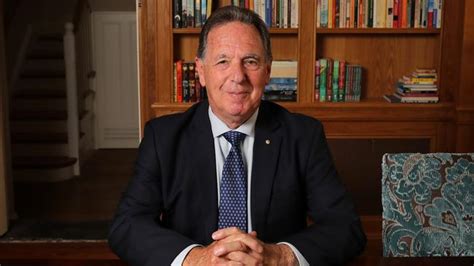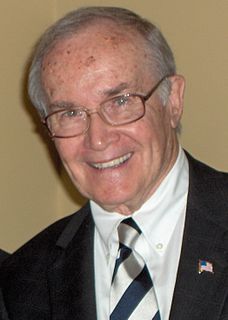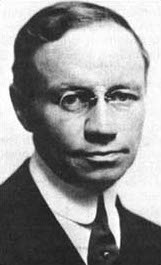A Quote by Adam Smith
The interest of [businessmen] is always in some respects different from, and even opposite to, that of the public ... The proposal of any new law or regulation of commerce which comes from this order ... ought never to be adopted, till after having been long and carefully examined ... with the most suspicious attention. It comes from an order of men ... who have generally an interest to deceive and even oppress the public.
Related Quotes
That elections of members to serve as representatives of the people, in assembly, ought to be free; and that all men, having sufficient evidence of permanent common interest with, and attachment to, the community, have the right of suffrage, and cannot be taxed or deprived of their property for public uses, without their own consent, or that of their representives so elected, nor bound by any law to which they have not, in like manner, assembled, for the public good.
The general public, they get bored. There's no interest because they think, or they know, Demetrious Johnson will always win. And I've always said, even after that loss to Demetrious Johnson, even after he beat me, I said I felt him a little bit. I still believe I can beat him, even after being knocked down the first round.
I must confess my distaste for any proposal to use public funds for the support of selected, and thereby, privileged, industrialists, the more particularly if this is to be based on bureaucratic views of what is good and what is bad by way of industrial development, but I have been studying the report referred to with some interest.
Now listen to the first three aims of the corporatist movement in Germany, Italy and France during the 1920s. These were developed by the people who went on to become part of the Fascist experience: (1) shift power directly to economic and social interest groups; (2) push entrepreneurial initiative in areas normally reserved for public bodies; (3) obliterate the boundaries between public and private interest -- that is, challenge the idea of the public interest. This sounds like the official program of most contemporary Western governments.
The art of not reading is a very important one. It consists in not taking an interest in whatever may be engaging the attention of the general public at any particular time. When some political or ecclesiastical pamphlet, or novel, or poem is making a great commotion, you should remember that he who writes for fools always finds a large public. A precondition for reading good books is not reading bad ones: for life is short.



































